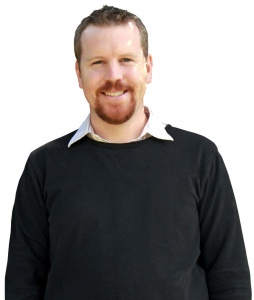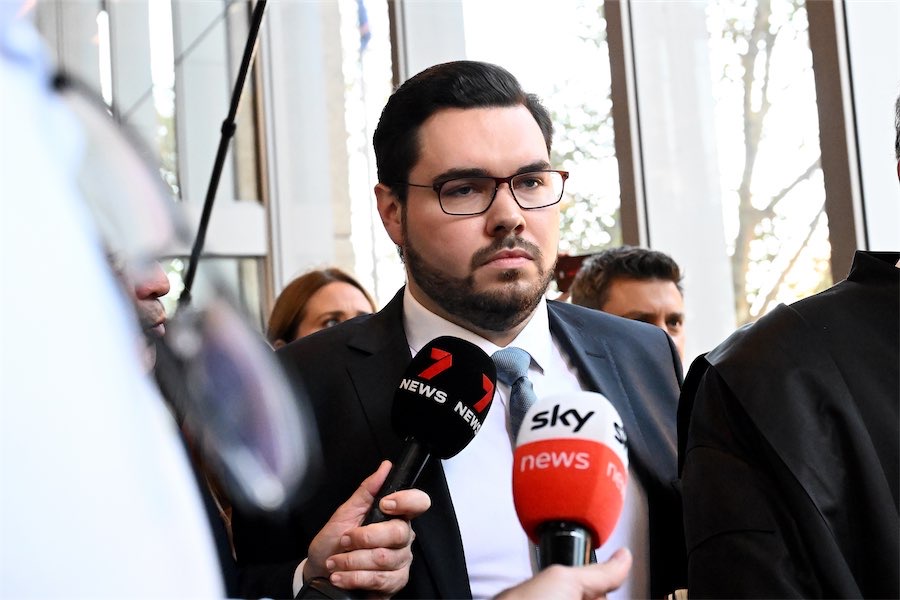DESPITE a culture that is increasingly unaware of Biblical narratives, the story of the Good Samaritan is one that is still widely regarded and integrated into Australia’s foundations.

The challenge of this story is not in understanding the principle, that is quite straightforward. The challenge is how to translate it into current situations. One man in our street needing help is one thing, but the situation we face is hundreds of thousands of people left robbed and beaten on the other side of the world. In trying to translate the principle we face many more questions than the original Samaritan needed to ask.
Which ones do we help first? How many can we take economically considering we are looking at providing permanent homes? What do we do about the robbers who are continuing to beat and steal? What can we do to support those left in the ditch?
I have a deep admiration for our leaders, those on both sides of politics and in the public services, who have been given the task of figuring out how this fundamental principle of loving our neighbour applies in these extremely complex situations. The challenges of identifying the most vulnerable, safest transport, ordered processing, global response, and community integration are all very genuine and difficult.
For the first time in many years, as a nation, we seem to be on the same page on the issue. We may disagree about numbers, authenticity, and priority, but ultimately what we are seeing is a widespread commitment to the desperate needs of others, despite a personal cost. It is not just looking to the government either, but even broader civil society that is offering support.
I hesitate to even utter the words as they seem so fragile, but are we really in the throes of becoming a less-adversarial, more compassionate, just, and moral nation?
The proof of the pudding is in the eating, and we will have to see how this all plays out to test the proposition. It is easy to say you would offer accommodation, much more difficult to have a Syrian family camping in your lounge room for a year. It is easy to throw stones at leaders and claim you would do a better job, much harder to trust them to be wise with the power you have given them. It is easy click “like” on Facebook, much more painful to click that bank transfer button when it means you will go without.
The reason Jesus told the parable of the Good Samaritan wasn’t simply because this is a nice thing to do. His final exhortation is that this example of mercy is one we should emulate because this is how we ultimately receive life. By looking into the face of those you help you begin to see who God really is.
Nick Jensen is the director of the Lachlan Macquarie Institute, which helps develop leaders in public policy (lmi.org.au)
Who can be trusted?
In a world of spin and confusion, there’s never been a more important time to support independent journalism in Canberra.
If you trust our work online and want to enforce the power of independent voices, I invite you to make a small contribution.
Every dollar of support is invested back into our journalism to help keep citynews.com.au strong and free.
Thank you,
Ian Meikle, editor




Leave a Reply